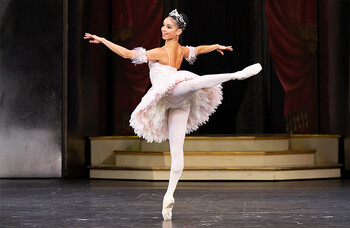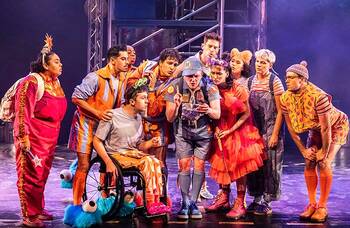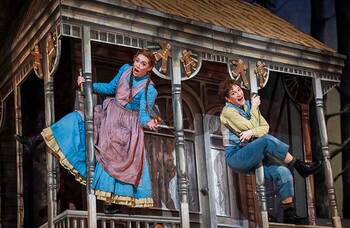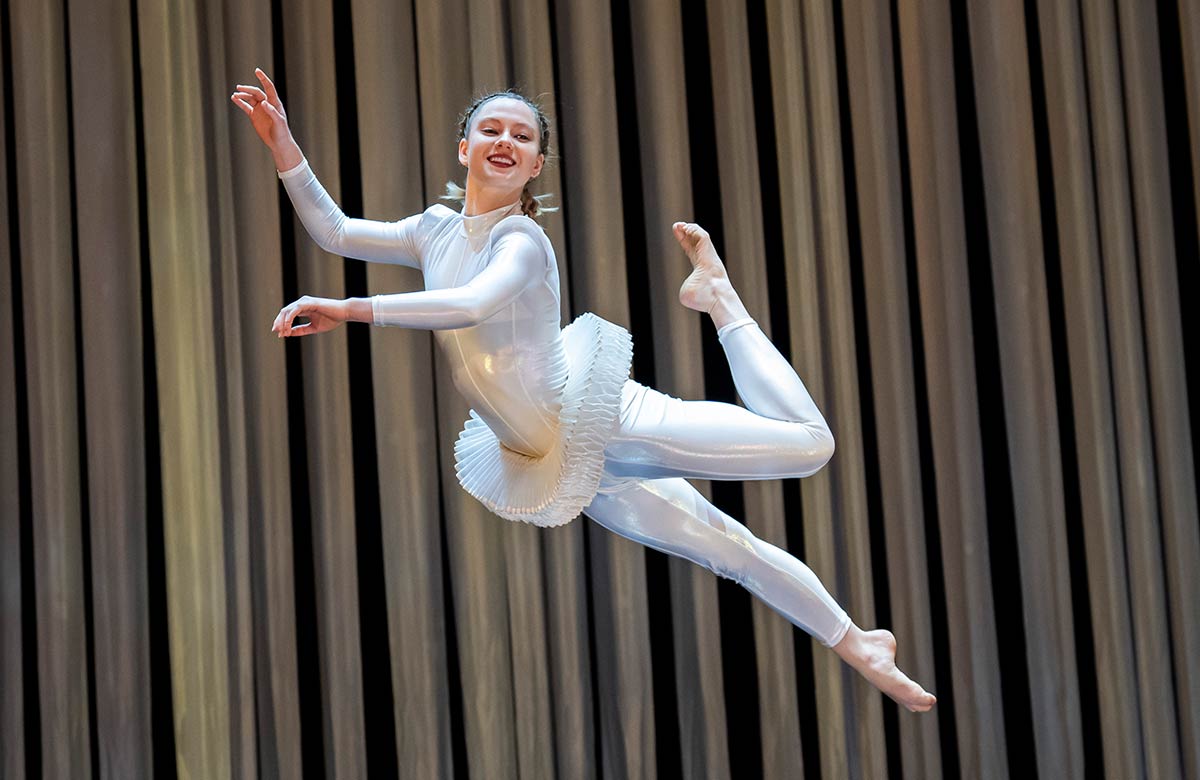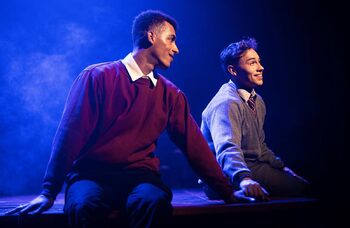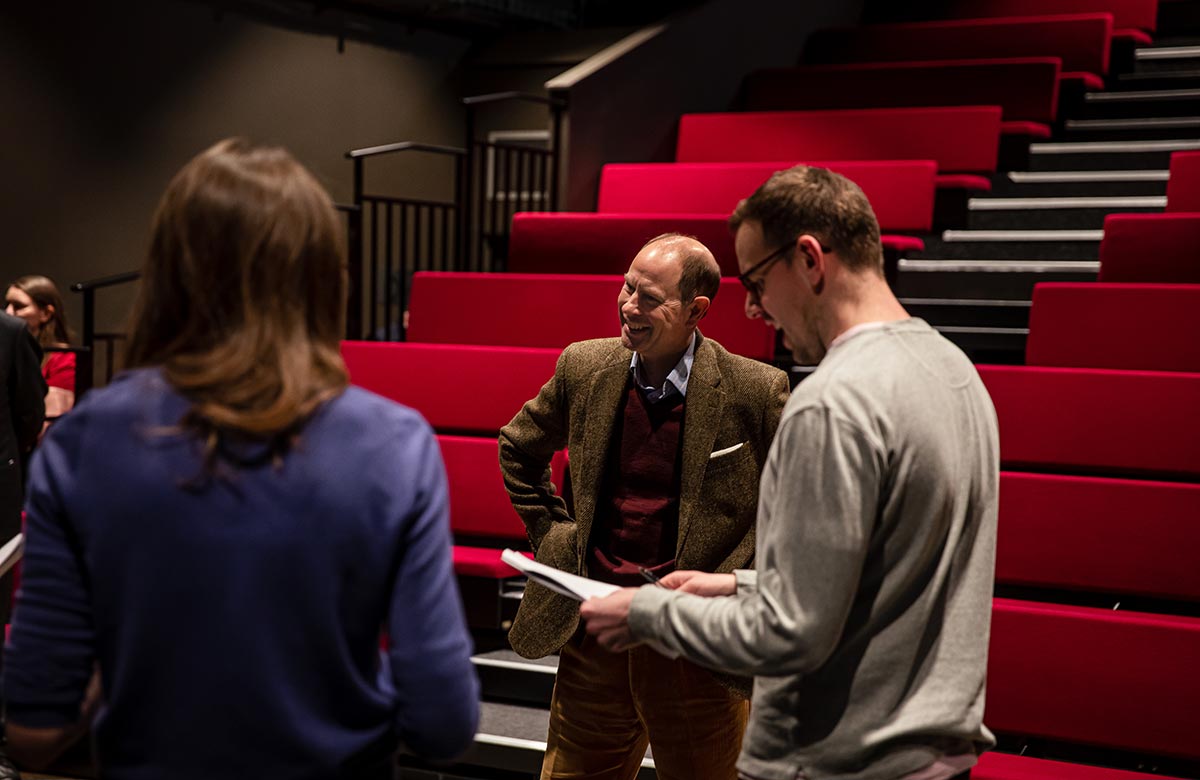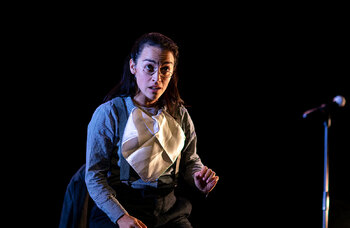Fascinating twist on Ibsen’s classic undermined by an uncomfortable staging
Ibsen’s classic drama has been adapted many times for both stage and screen. This new version by Harriet Madeley brings a queer perspective to the story. Hedda has returned from her honeymoon, but already realises that her marriage to George is a mistake. She keeps up the pretence of genteel suburban respectability, but ghosts from her past keep knocking at the door and they become increasingly difficult to ignore.
Madeley’s updating gives Eilert, Hedda’s old flame, a gender switch and a name change to Isla, bringing a new undercurrent to Hedda’s story. It’s a bold move that has traction, yet of all the innovations that appear in this version, it’s this one that never quite rings true. Madeley suggests that Hedda is crippled by the quiet conformity and internalised homophobia of a traditional upbringing. But her rewrite also suggests an early life that was far from traditional, with a rock-star mother and a life lived in the public eye. Updating classics can be a risky business: the societal attitudes that shaped the original text can seem out of place in an ostensibly modern play.
Continues...
Director Annie Kershaw’s production struggles to maintain focus and shoehorns in unnecessary theatrical devices that distract. Whispered truths are delivered through handheld mics, and Amy Watts’ bemusing set design inhibits the action more than it enhances it. The platform staging might suggest an island where Hedda feels marooned, but the plastic sheeting simply looks like they’ve got the builders in. Perhaps it’s intended to reflect Hedda’s discomfort – nobody, though, looks at ease in the space. Yet Kershaw does summon a growing sense of foreboding, the production alternating between laughter and rippling tension as the play builds to its ugly climax. This is helped enormously by Jamie Lu’s eerie sound design, which pulses surreptitiously beneath the dialogue.
Anna Popplewell’s Hedda is manipulative, cruel and spoiled, slinking around like a caged panther. The Chronicles of Narnia actor captures Hedda’s cool disdain, but for all her subverted queer rage, it’s a struggle to sympathise with her, even when she is cornered. Our sympathies lie with everybody else, especially Natalie Perera, awkward but determined as Hedda’s old school friend Thea, and Jessica Temple’s nicely measured take on the tortured genius Isla. Mark Desebrock may get plenty of laughs – perhaps too many – as the academic mummy’s boy George, with an underlying air of entitlement that rightly fuels Hedda’s contempt. Ryan Gerald as George’s friend and publisher has a slightly more sinister edge and seems only too willing to expose some of Hedda’s darkest secrets.
In all, Madeley has thrown lots of great ideas at her reimagining – but not all of them quite come off.
More Reviews
More Reviews
Recommended for you
Most Read
Across The Stage this weekYour subscription helps ensure our journalism can continue
Invest in The Stage today with a subscription starting at just £5.99




